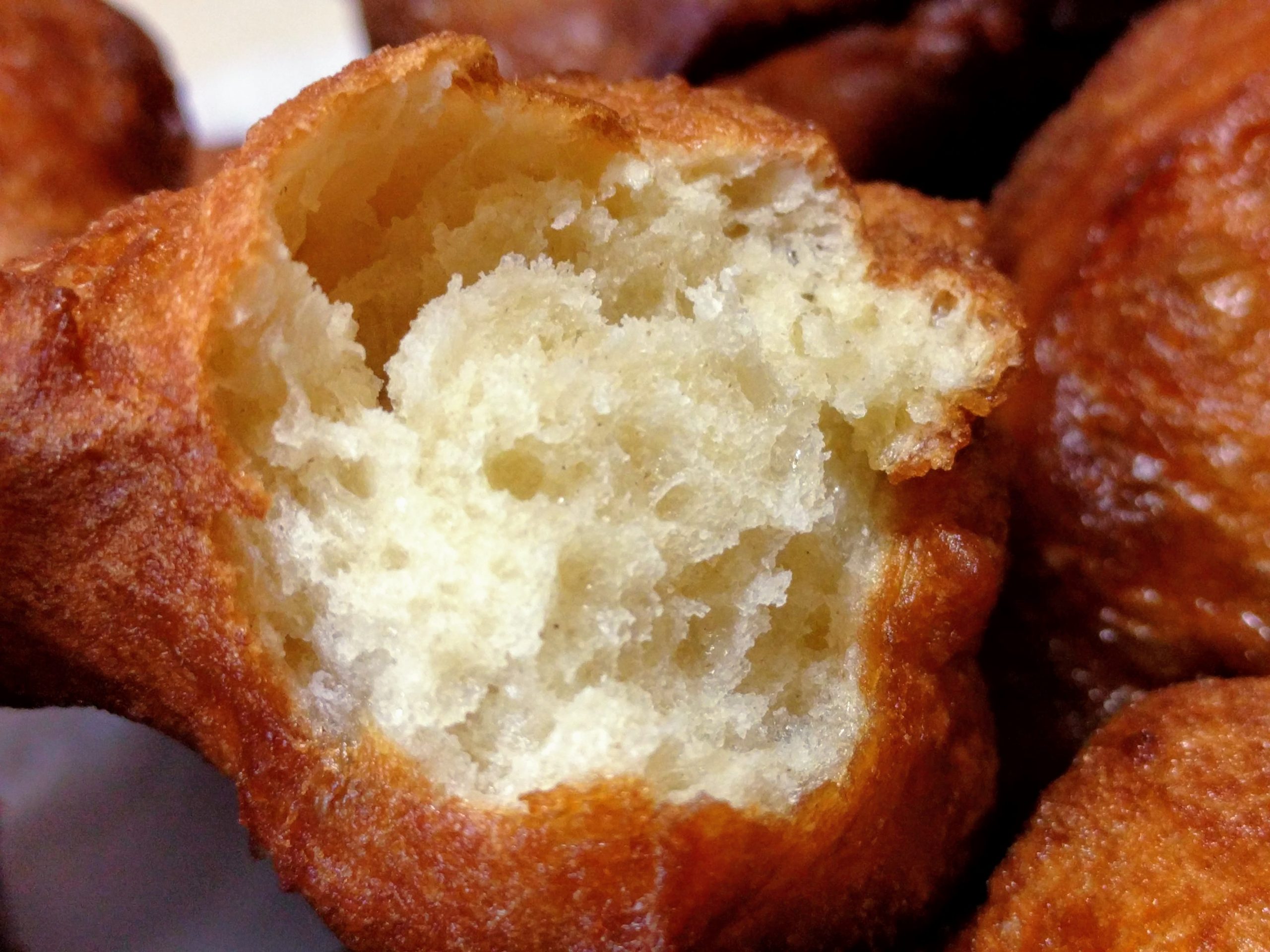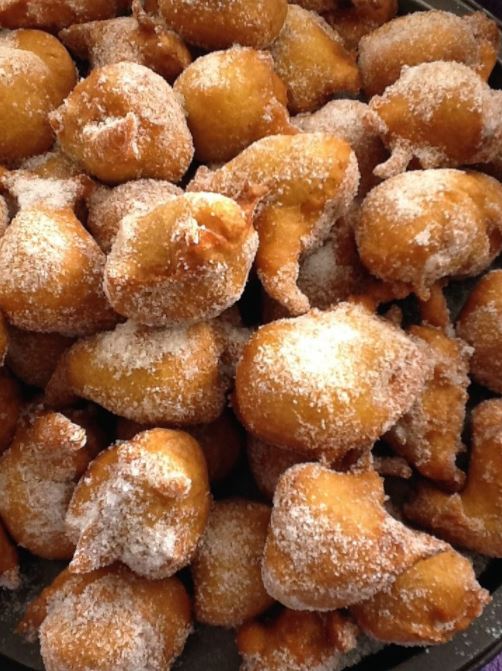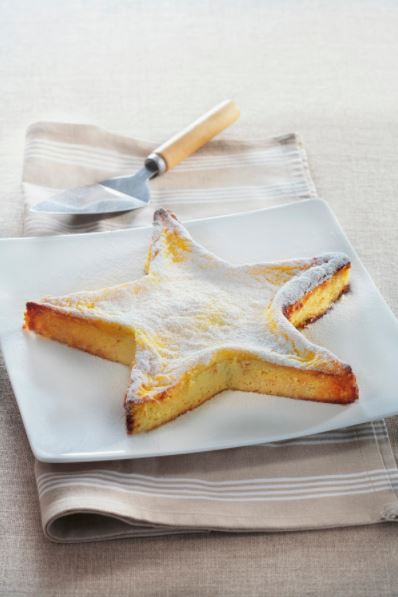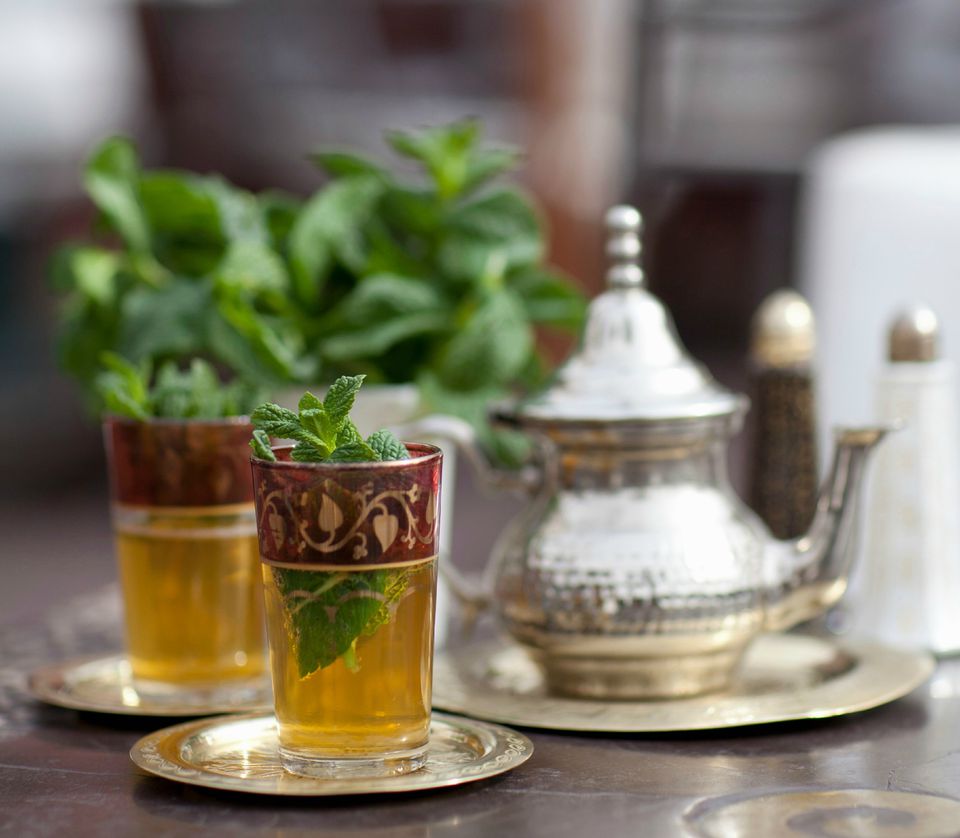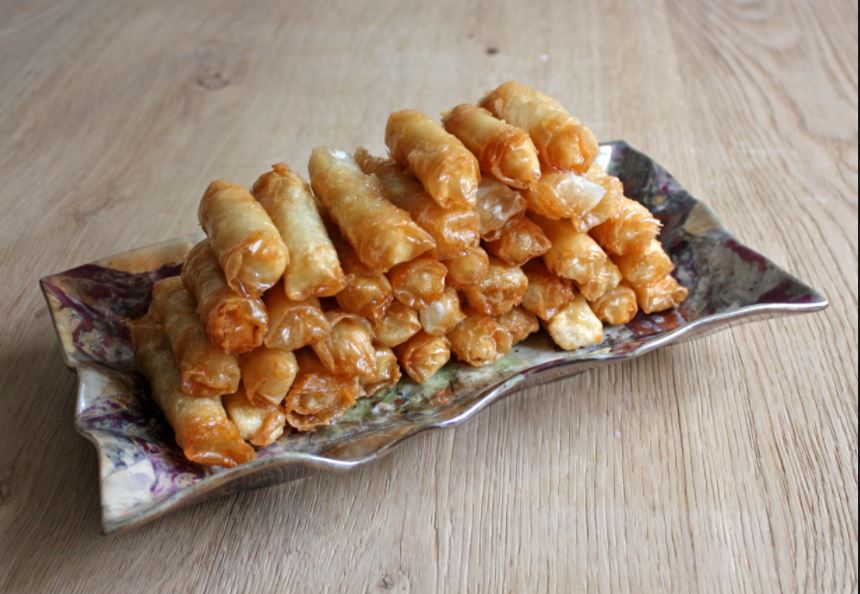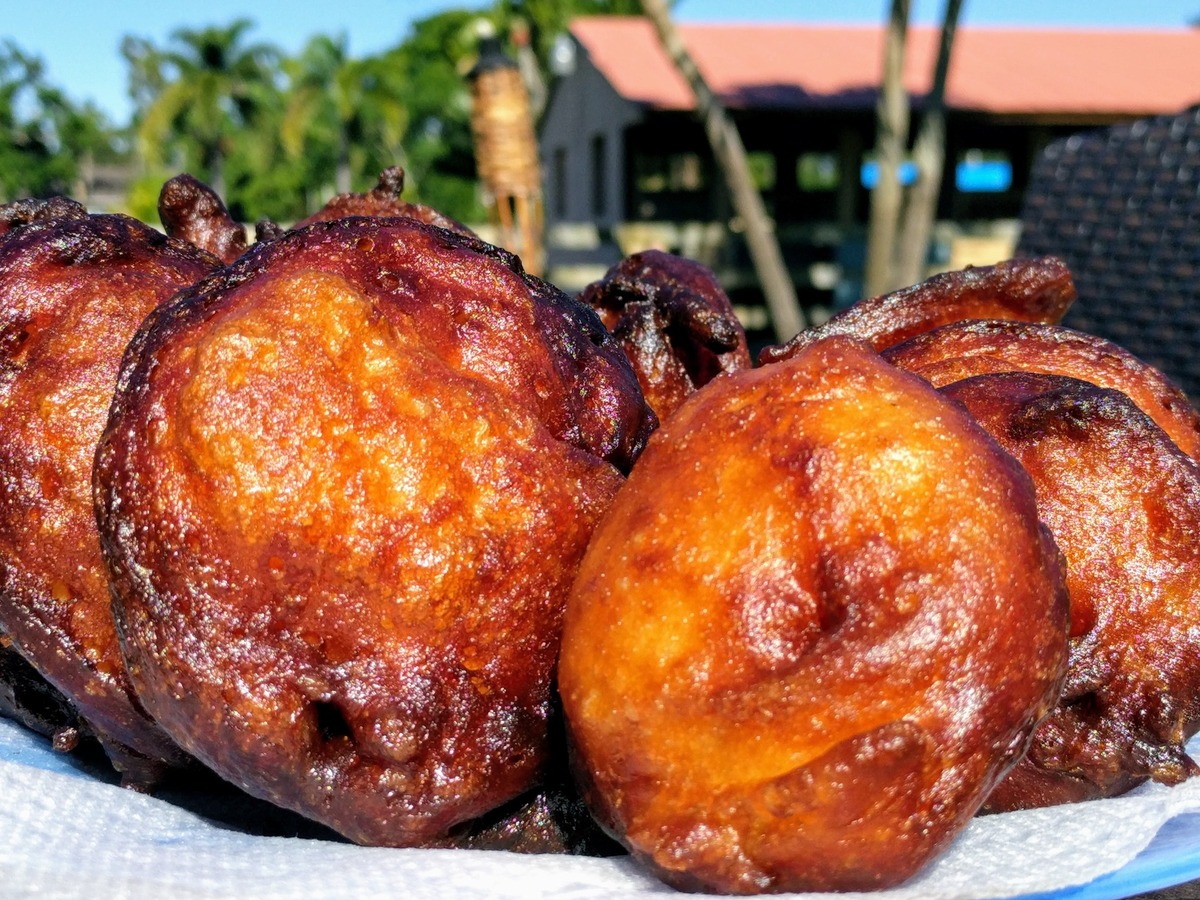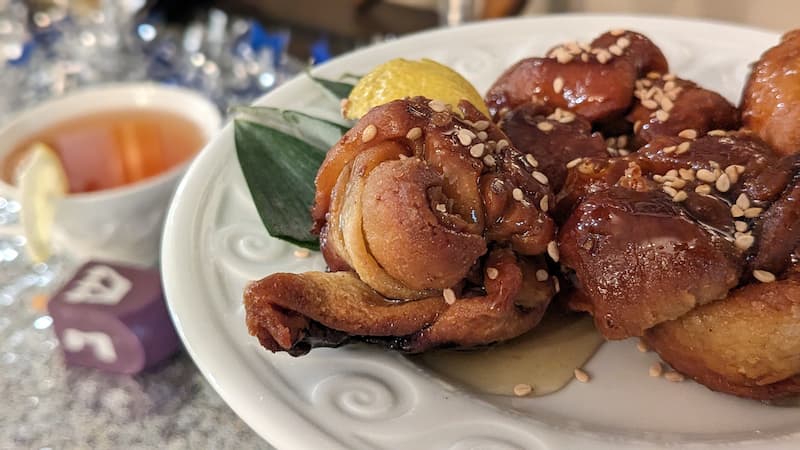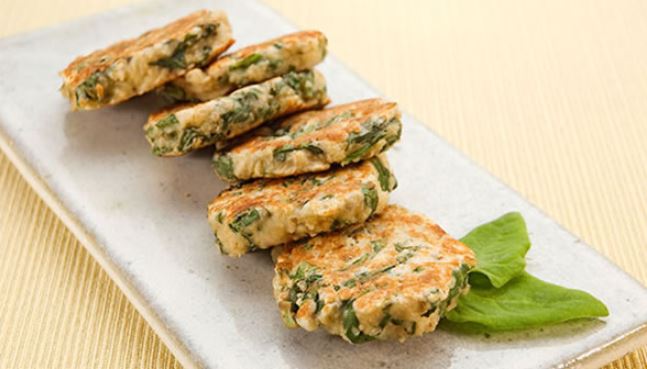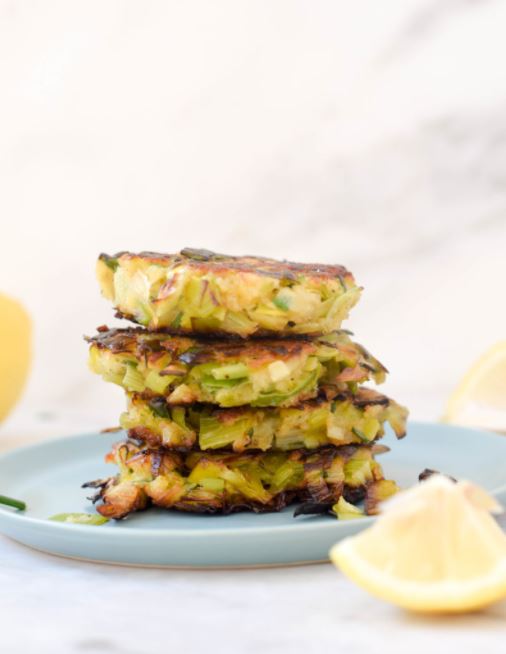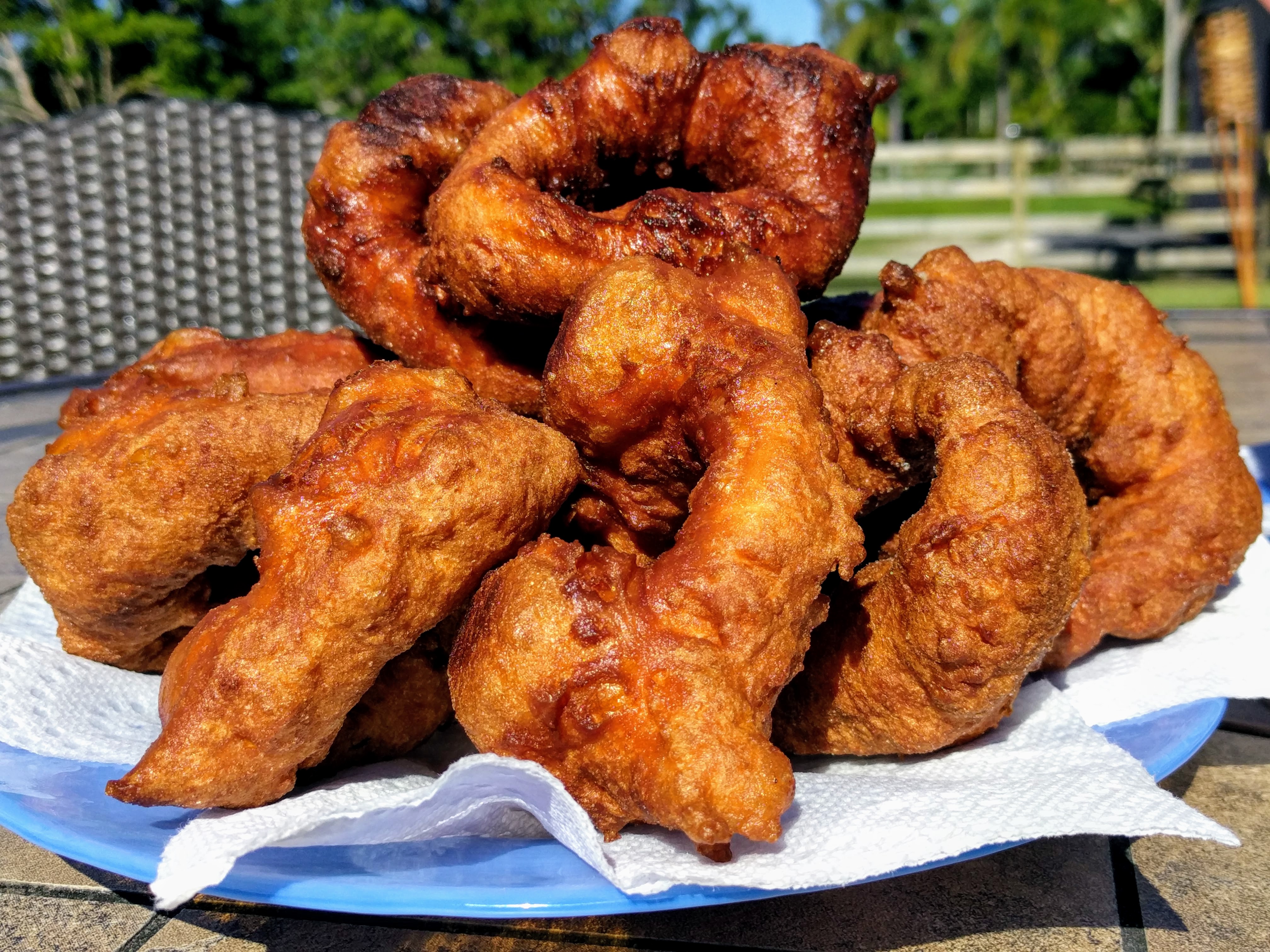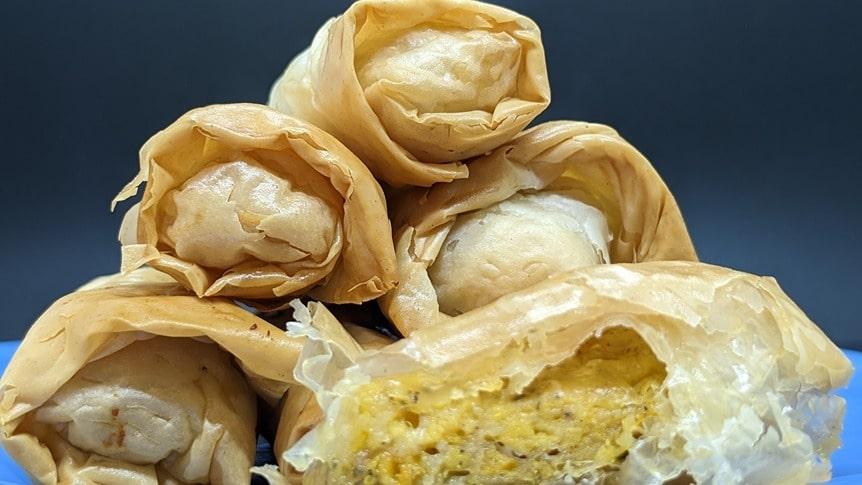Hanukkah Recipes
The History of Hanukkah Foods
Most Hanukkah Recipes are fried in oil.
The reason is simple, yet the history is fascinating.
Hanukkah is an eight-day Jewish celebration. The holiday commemorates the re-dedication during the second century B.C. of the Second Temple in Jerusalem.
This is where the Jews had risen up against their Greek-Syrian oppressors in the Maccabean Revolt.
There is no doubt that defeating the Greek armies was a miracle. The greater miracle was that of the oil. The Greeks had made all the oil in the Temple impure. Miraculously, the Maccabees found one jar of oil.
One jar of oil was overlooked by the Greeks. It had enough oil for one day. The miracle was that the oil burned for eight days!
Learn more about the Maccabees by clicking here.
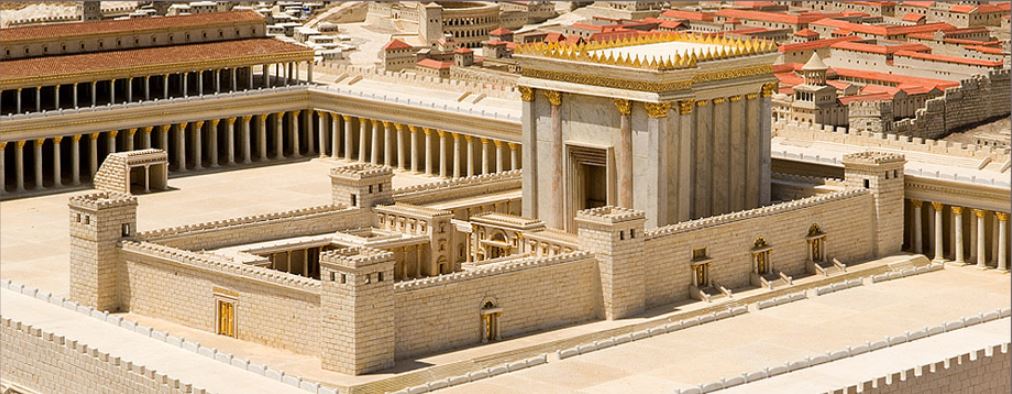
The holiday commemorates these miracles. We celebrate Hanukkah for eight days. Jews have the tradition of eating foods fried in oil.
Traditional Jewish Ashkenazi foods include potato pancakes, known as latkes and Israeli families eat jam-filled doughnuts called Sufganiyot.
However traditional Jewish Sephardi foods tend to be more closely related to the original Biblical foods. There are many examples: Moroccans eat fried donuts (sfenj); Spaniards fry fritters called binuelos; and Italians and Spaniards make cheese pancakes (cassolas) and leek or spinach patties (keftes).
Hanukkah in Morocco
Reviving a Moroccan Tradition of Trust and Friendship
Though I was born in Morocco, I left at a young age. The stories and traditions come from my mom and her siblings, as well as my grandmother, and other Moroccans I met later in life. They all share the same stories, traditions and memories.
In Morocco, Hanukkah was a festival that united the entire neighborhood. People shared holiday dinner invitations with one another and made sure the city’s neediest residents weren’t overlooked. Children could be seen bringing polished copper trays filled with fresh sfenj, or Moroccan donuts, in the mornings to gift to loved ones. The trays were also decorated with tiny jugs of wine, honey, and milk.
They would go through the streets once more in the afternoon, carrying trays of freshly made couscous that had been topped with meat and veggies. The distribution of non-perishable items was given extra attention so that the receiver may continue to enjoy the gift long after the holiday had finished. The doors were also open for giving food to the less fortunate. Sadly, due primarily to Kashrut apprehension, food sharing among observant households has all but disappeared today. When a friend gives or sends us homemade food, we should trust them to abide by our kashrut standards. This is a trust that our predecessors shared.
By doing this, we can perhaps prevent alienation, which is regrettably a common result of what people mistake for strict religious practice but is actually arbitrary and dividing stringency.
I’ve included some of these recipes above and hope you will enjoy some ancient traditions that have been handed down for nearly 2000 years.
Hanukkah Recipes
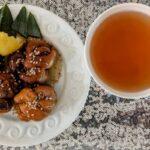

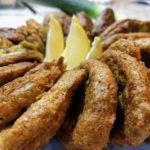
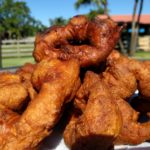
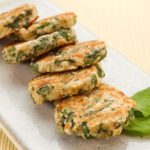
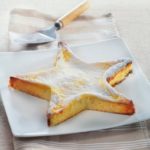
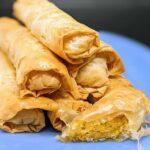
I hope you will try these recipes and let me know how they turn out for you. You will find them delicious and will be the sure hit at any party or celebration. Enjoy these recipes and please share them. Feel free to tag me on social media @gokoshercowboy. I always love seeing your creations! Wishing you the best!







Interested in seeing more like Hanukkah Recipes? See more Kosher Cowboy holiday recipes here.

